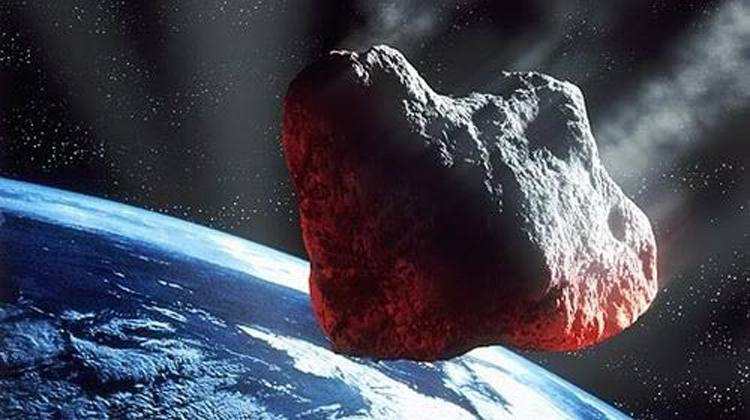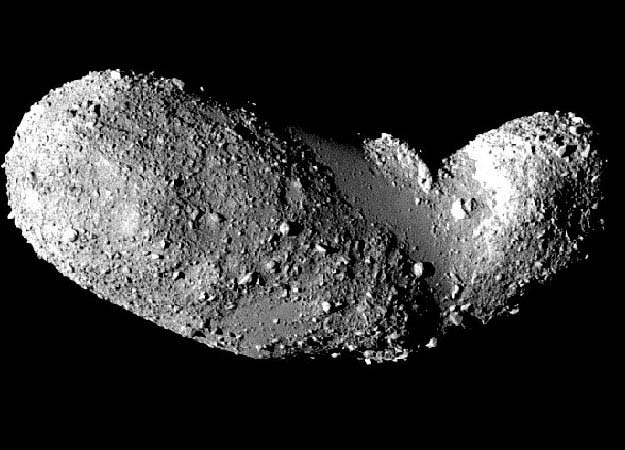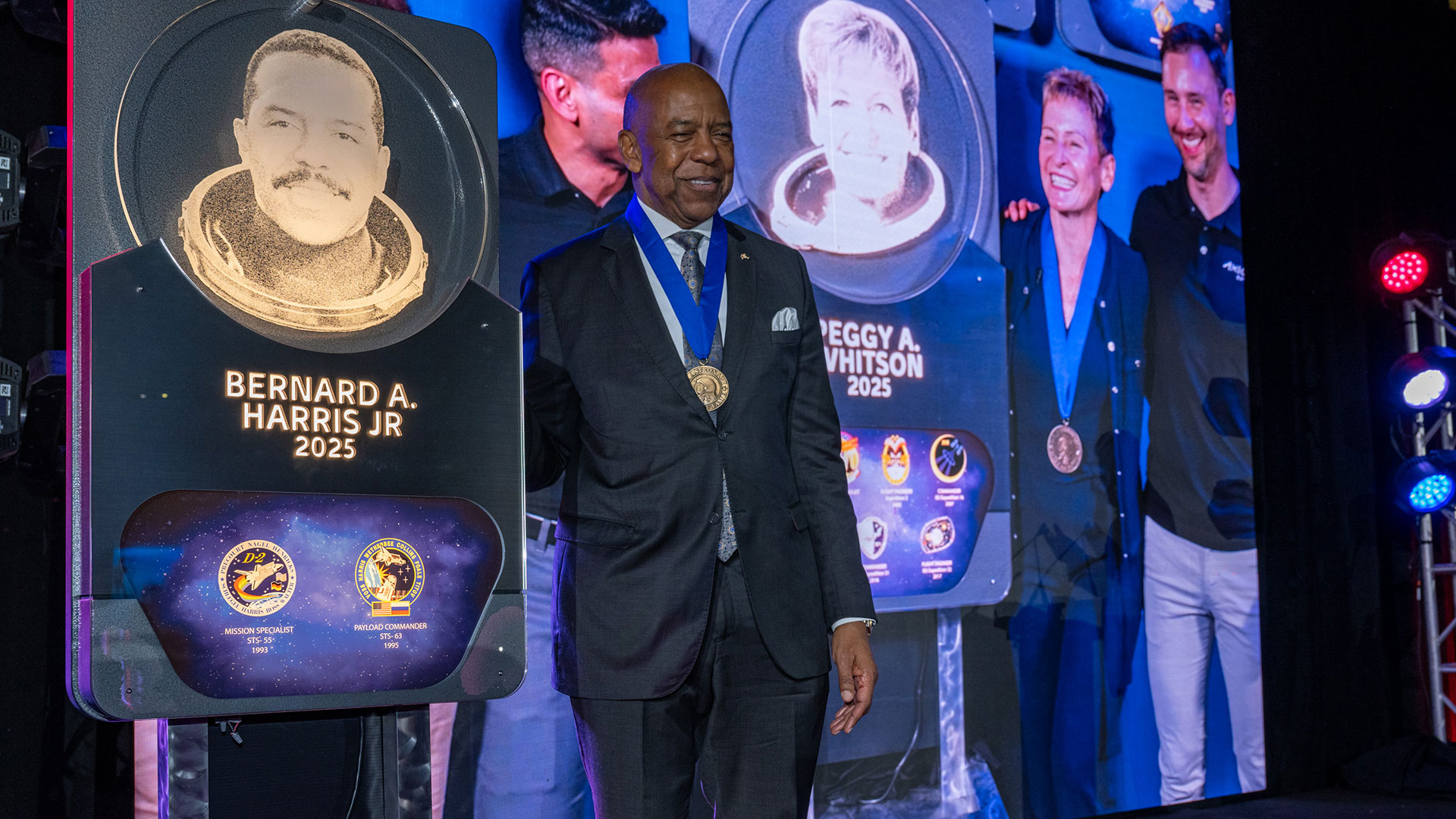Even Bruce Willis Couldn't Save Earth from 'Armageddon' Asteroid

So here's a shocker: It turns out the 1998 asteroid disaster movie "Armageddon" was a tad unrealistic.
In the film, a team led by Bruce Willis plants a nuclear bomb deep inside a 600-mile-wide (1,000 kilometers) asteroid as it streaks toward Earth. The explosion splits the space rock in two, and the pieces zip safely past the planet, ensuring humanity lives to see another day.
But a new analysis by four physics students in England suggests that this asteroid-deflection tactic couldn't possibly have worked. Willis and his band of roughnecks would've needed a bomb almost 2 billion times stronger than anything ever detonated on Earth, the students say.
Ben Hall, Gregory Brown, Ashley Back and Stuart Turner — all master's students at the University of Leicester — devised a formula to determine the total amount of kinetic energy needed to blast apart the "Armageddon" asteroid and ensure that the chunks miss Earth. [Video: Nuclear Bomb Takes out Asteroid]
They came up with a figure of 800 trillion terajoules — compared with the 418,000 terajoules produced by history's most powerful blast, the Soviet Union's test detonation of the "Big Ivan" hydrogen bomb in 1961.
The students also conclude that humanity would have to detect such a large asteroid much earlier than in the movie to have any chance of deflecting it. (In the movie, the Texas-size space rock is discovered just 18 days before its potential impact.)
"I really enjoyed the film 'Armageddon' and up until recently never really considered the plausibility in the science behind the movie," Hall, 22, said in a statement. "But after watching it back, I found myself being more skeptical about the film in many areas.
Get the Space.com Newsletter
Breaking space news, the latest updates on rocket launches, skywatching events and more!
"I think that directors attempt to make films scientifically accurate but find that a lot of trouble is run into in what can and cannot be done, thus leading to falsification in the science to make movies more interesting or visually appealing to the audience," he added.

Hall and his colleagues published their results in two papers — "Could Bruce Willis Save the World?" and "Could Bruce Willis Predict the End of the World?" — in this year’s University of Leicester Journal of Special Physics Topics, which features original studies conducted by students in the final year of the four-year program toward a Master of Physics degree.
While "Armageddon" got some big things wrong, scientists do think humanity can deflect many dangerous asteroids if they're detected early enough.
Most researchers regard a nuclear explosion as an option of last resort, however – something to try if the clock is really running out.
With years or decades of lead time, a so-called "gravity tractor" probe could be launched to rendezvous and fly with the asteroid. Over time, the spacecraft's subtle gravitational tug could pull the space rock into a more benign orbit.
Or a kinetic impactor could be slammed into the asteroid in deep space, knocking it onto a different path. But this might be tough to achieve when it is the 600-mile-wide "Armageddon" asteroid, which is about the same size as the dwarf planet Ceres.
Follow SPACE.com for the latest in space science and exploration news on Twitter @Spacedotcom and on Facebook.
Join our Space Forums to keep talking space on the latest missions, night sky and more! And if you have a news tip, correction or comment, let us know at: community@space.com.

Space.com is the premier source of space exploration, innovation and astronomy news, chronicling (and celebrating) humanity's ongoing expansion across the final frontier. Originally founded in 1999, Space.com is, and always has been, the passion of writers and editors who are space fans and also trained journalists. Our current news team consists of Editor-in-Chief Tariq Malik; Editor Hanneke Weitering, Senior Space Writer Mike Wall; Senior Writer Meghan Bartels; Senior Writer Chelsea Gohd, Senior Writer Tereza Pultarova and Staff Writer Alexander Cox, focusing on e-commerce. Senior Producer Steve Spaleta oversees our space videos, with Diana Whitcroft as our Social Media Editor.
